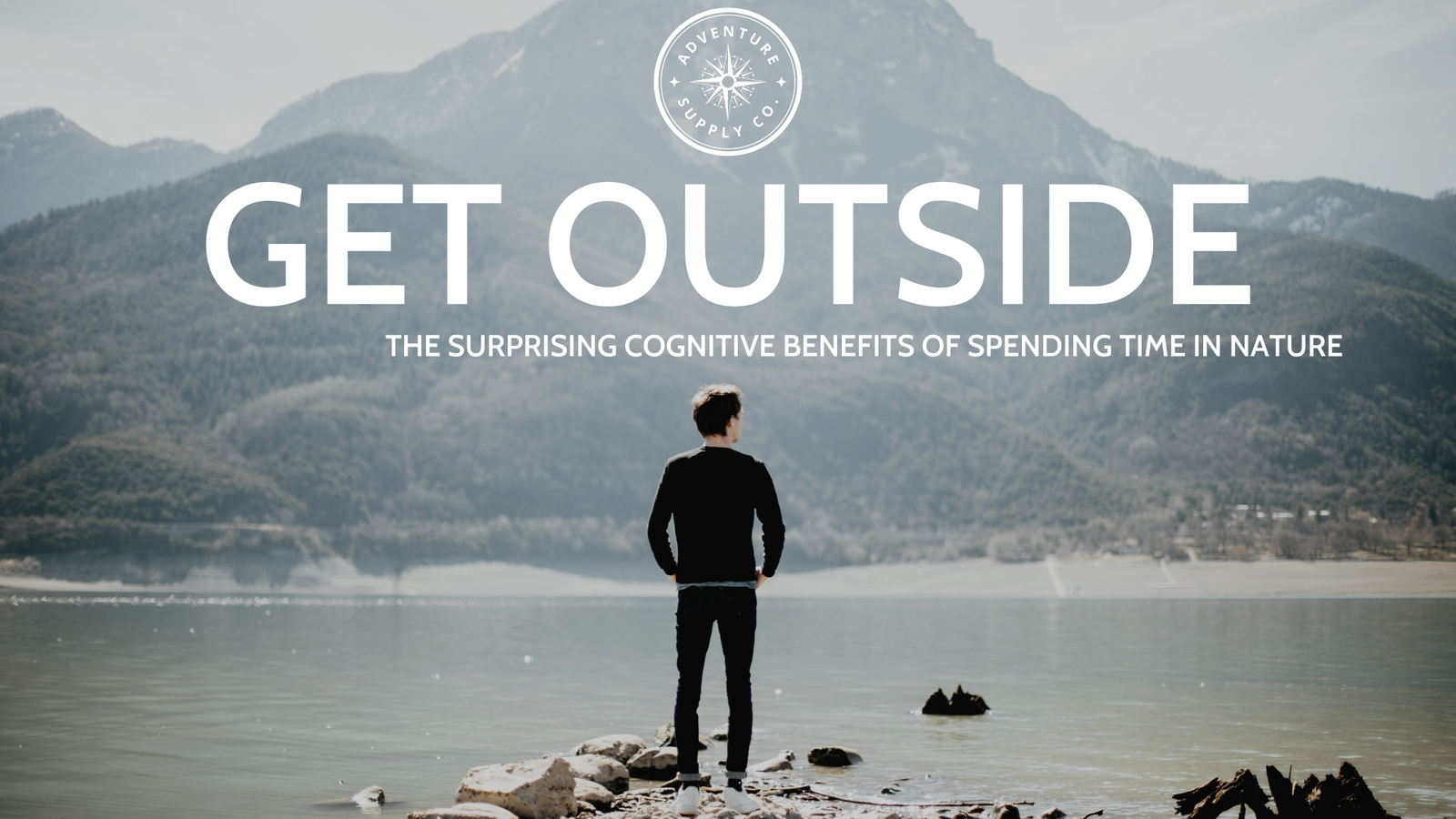Are you feeling burnt out and struggling to focus? It turns out, the solution might be as simple as taking a walk in nature. Studies have shown that spending time surrounded by greenery can have a huge impact on our mental well-being. From my own experience, I can attest that a hike in the woods or a peaceful stroll by the water's edge can do wonders for my mood and ability to tackle the tasks of the day. It's as if nature has a way of resetting our minds and bodies, allowing us to return to our daily lives feeling refreshed and rejuvenated.
Get outside, it's good for you!
-
Improved focus and attention: Studies have shown that spending time in nature can improve focus and attention, especially in children and adolescents. This may be because nature provides a sense of calm and relaxation that allows the mind to focus more easily. Nature can also provide a range of stimuli that can help to keep us engaged and alert.
-
Increased creativity and problem-solving skills: Nature has also been shown to boost creativity and problem-solving skills. This may be because nature provides a sense of awe and wonder that inspires us to think more creatively. Nature can also provide a sense of calm and relaxation that allows our minds to wander and think more freely.
-
Improved memory and learning: Spending time in nature has also been linked to improved memory and learning. This may be because nature provides a range of stimuli that can help to improve cognitive function, or because nature provides a sense of calm and relaxation that allows us to better process and retain information.
-
Enhanced cognitive development: Children and adolescents may especially benefit from spending time in nature, as it has been shown to enhance cognitive development. Nature provides a range of stimuli that can help to improve cognitive function and problem-solving skills, and it can also provide a sense of wonder and curiosity that encourages learning and exploration.
Sounds great, where's the proof?
As was mentioned in the list above, there have been multiple studies done to research the effect that nature has on our cognitive abilities as humans. Here are just a few of them:
- "The cognitive benefits of interacting with nature" by MG Berman, et al. (2008) - This study found that exposure to natural environments can have a positive impact on attention, memory, and other cognitive functions.
- "Effects of Nature (Greenspace) on Cognitive Functioning in School Children and Adolescents: a Systematic Review" by Dianne A. Vella-Brodrick et al. (2022) - This review article highlights various studies that demonstrate the positive effects of "Greenspace" on school children and adolescents' cognitive functioning.
- "The mental and physical health outcomes of green exercise" by Jules N. Pretty, et al. (2005) - This study provides an overview of the numerous benefits of green exercise, including improved mood, reduced anxiety and stress, and enhanced cognitive function.
If interested in reading these studies yourself, just search the article title and author in Google.
Nature has always been a source of inspiration and wonder, and as it turns out, it may also make us smarter! So next time you're feeling stressed or overwhelmed, consider taking a break and immersing yourself in the natural world. You'll be surprised by how much of a difference it can make.

